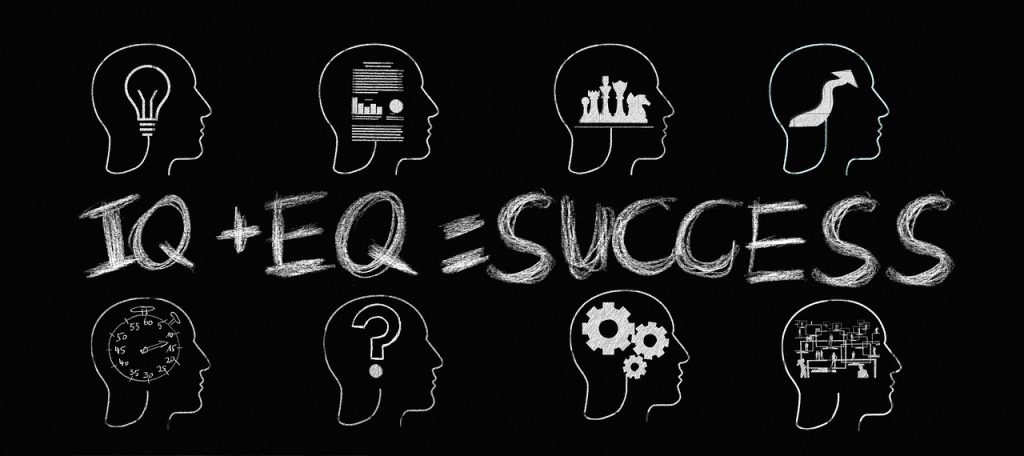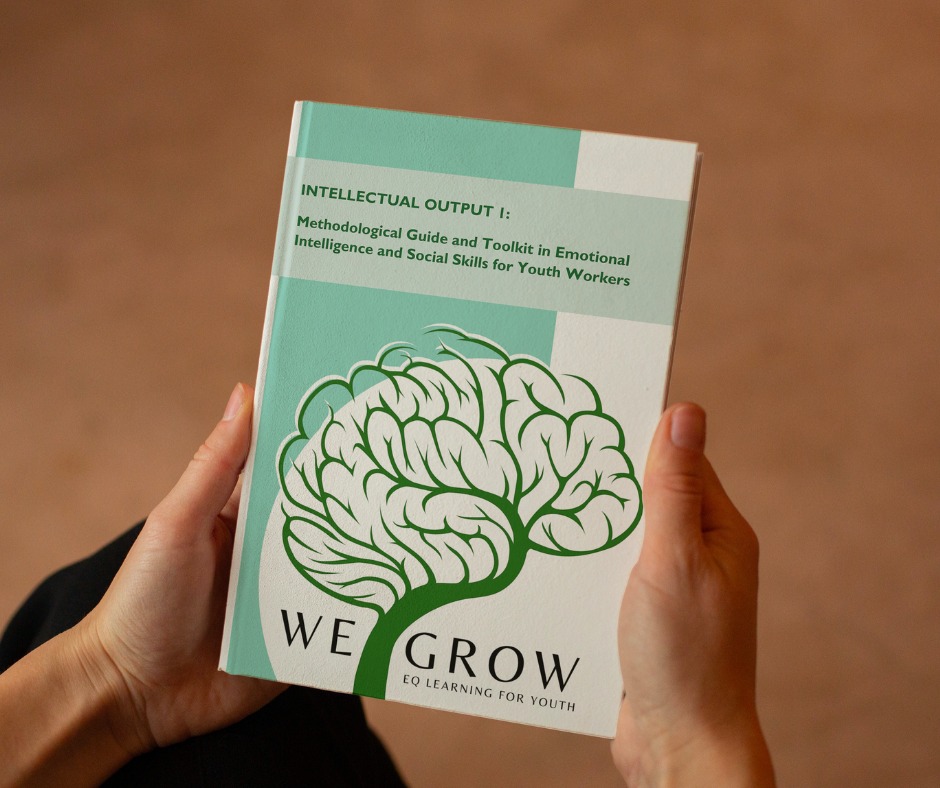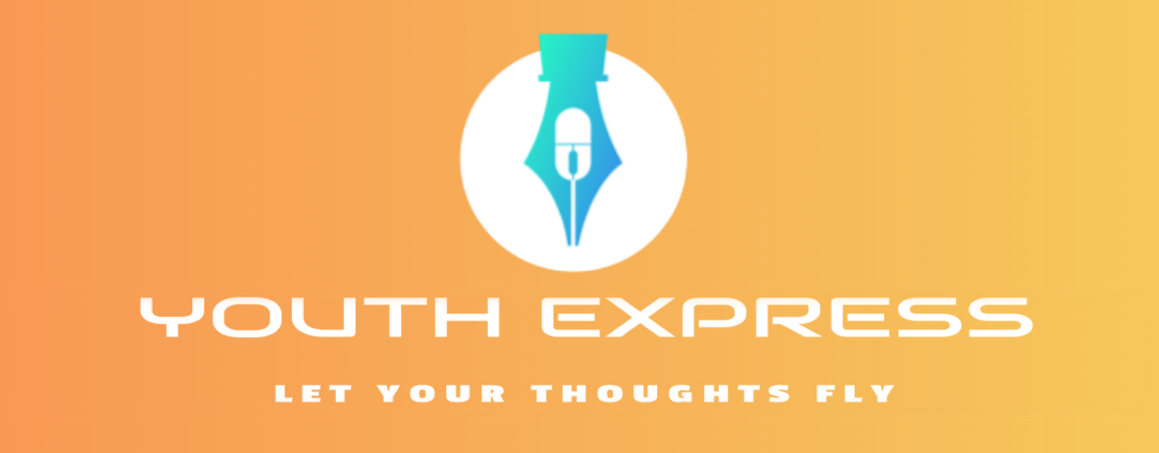Today, Emotional Intelligence (EQ) is fundamental for successful navigation in life but also in the workplace where it is considered leadership and managerial competency.
EQ is the ability to recognize and understand emotions in oneself and others, and it affects how we manage behaviour, navigate social complexities and make decisions that achieve positive results (Bradberry, 2009). Thus, EQ is an important element for the quality of life, employability and social inclusion.
According to the study “Global trends in Emotional Intelligence Europe 2018” published by Six Seconds, the global non-profit community committed to growing (2018), Europeans between 40-50 years old score the highest ranks while the ones under 30 score the lowest ranks. There is a clear need to work on the development of the EQ of young people, especially the ones who are comprising our target group; low-performing, early school leavers, and NEET. This need has intrigued the partners to develop a Methodological Guide and a Toolkit in Emotional Intelligence and Social Skills for Youth Workers.

The methodological guide defines and describes a Coaching Methodology – both as a stand-alone resource and with a view to underpinning the development of the Curriculum and Training Materials. The Toolkit will be used by Youth Workers (in this application the term includes youth trainers, youth leaders, and mentors of young volunteers of the European Solidarity Corps) for the empowerment of youth with low school performance, early drop-outs from school, and/ or NEET.
The Guide includes non-formal tools such as icebreakers, games, and role-play scenarios for Youth Workers who are working with the youth target groups described above.
The innovation element of the output lies both in the topic of Emotional Intelligence (which has very rarely concerned projects in the youth field) and in the non-formal methods to be developed.
Based on the aforementioned study we will work on 3 key behaviours that high-performing leaders use to apply their EQ skills where Europe has the lowest rates compared to global levels; Reflection 3.3% lower, Vision 3.2% lower, and Prioritizing 2.3% lower.
Vision: the aim is to enable youth workers to help the target group define their short and long-term goals. Having a vision will provide a sense of purpose and direction in life.
Prioritization: the aim is for youth workers to discover ways to help the target group to prioritize their goals and to minimize stress, to boost productivity, and save time.
Reflection: youth workers will be enabled to transmit to youth the importance of reflection in personal growth. They will help young people define their life s objectives and reach their full potential.
The guide structures the content in 5 sections:
Self-awareness: The aim is to help youth workers understand their own emotions, strengths, weaknesses, needs and drives.
Self-regulation: To prepare youth workers to help low-performing youth to resist impulsive urges and gain self-discipline.
Self-motivation: To provide youth workers with games/ activities to motivate the target group.
Social awareness: A crucial component of appropriate behaviour in all social settings including the workplace.
Social skills: To create tools that youth workers can use to help the target group to develop communication and listening skills, negotiation skills etc.
The “WeGROW Methodological Guide and Toolkit in Emotional Intelligence and Social Skills for Youth Workers” contains activities that allow Youth Workers to get to know the young people better and learn about their individual circumstances through different activities, games, personal interviews, and many more!

This guide will impact the professional development of youth workers in two levels:
1st: Self-analysis; self-awareness and competences model mapping; motivation; goal setting; strengths and weaknesses.
2nd: Soft skills; Leadership attitude; Active Listening and Communication, Teamwork, Self-management, Conflict solving, Stress management, etc.
The “WeGROW Methodological Guide and Toolkit in Emotional Intelligence and Social Skills for Youth Workers” is available in six different languages:
• English
• Greek
• Spanish
• Italian
• Lithuanian
• Slovak
Erasmus+ youth project “WeGROW- EQ learning for YOUTH” is an Erasmus+ Strategic Partnership on Emotional Intelligence with the aim to develop the Emotional Intelligent of young people.

